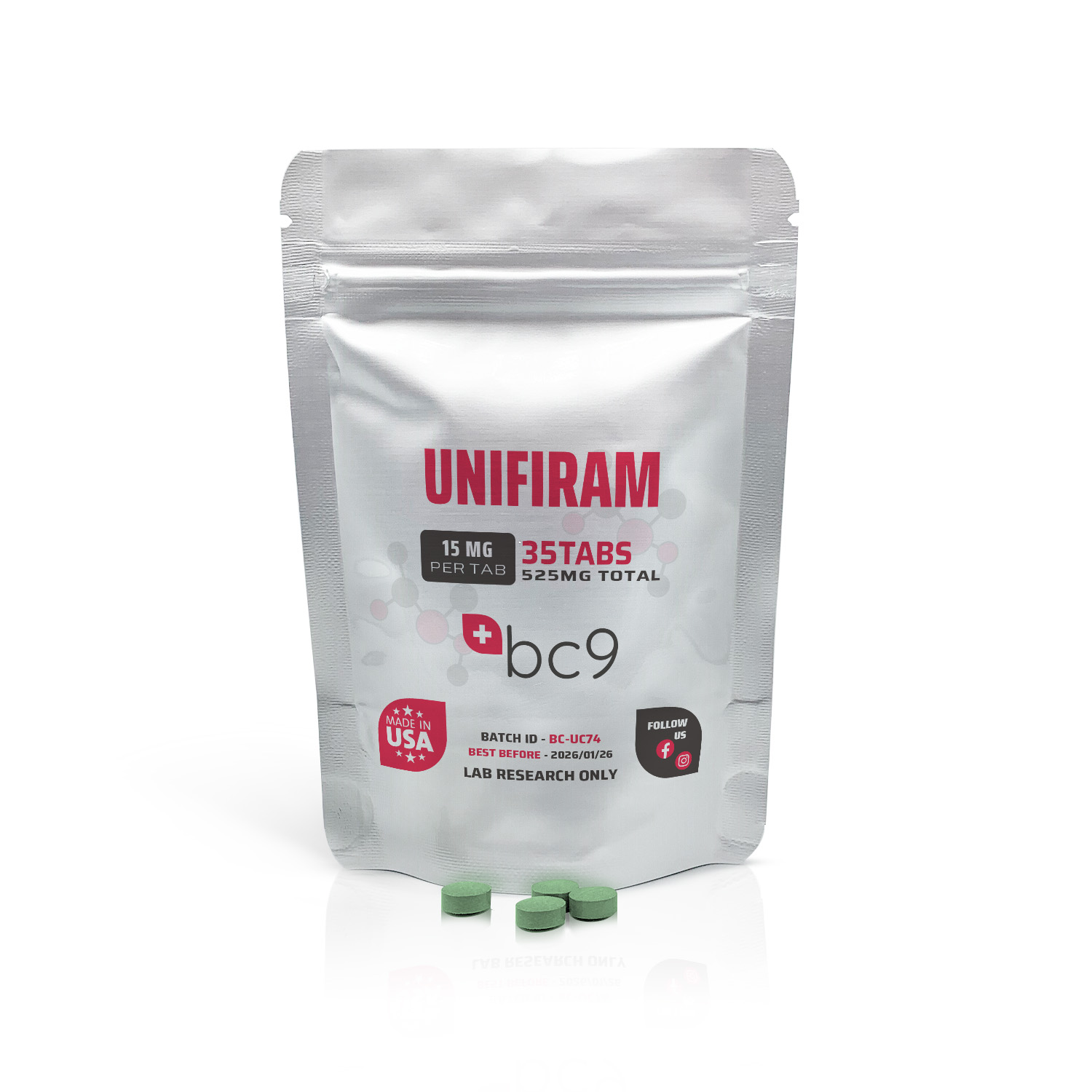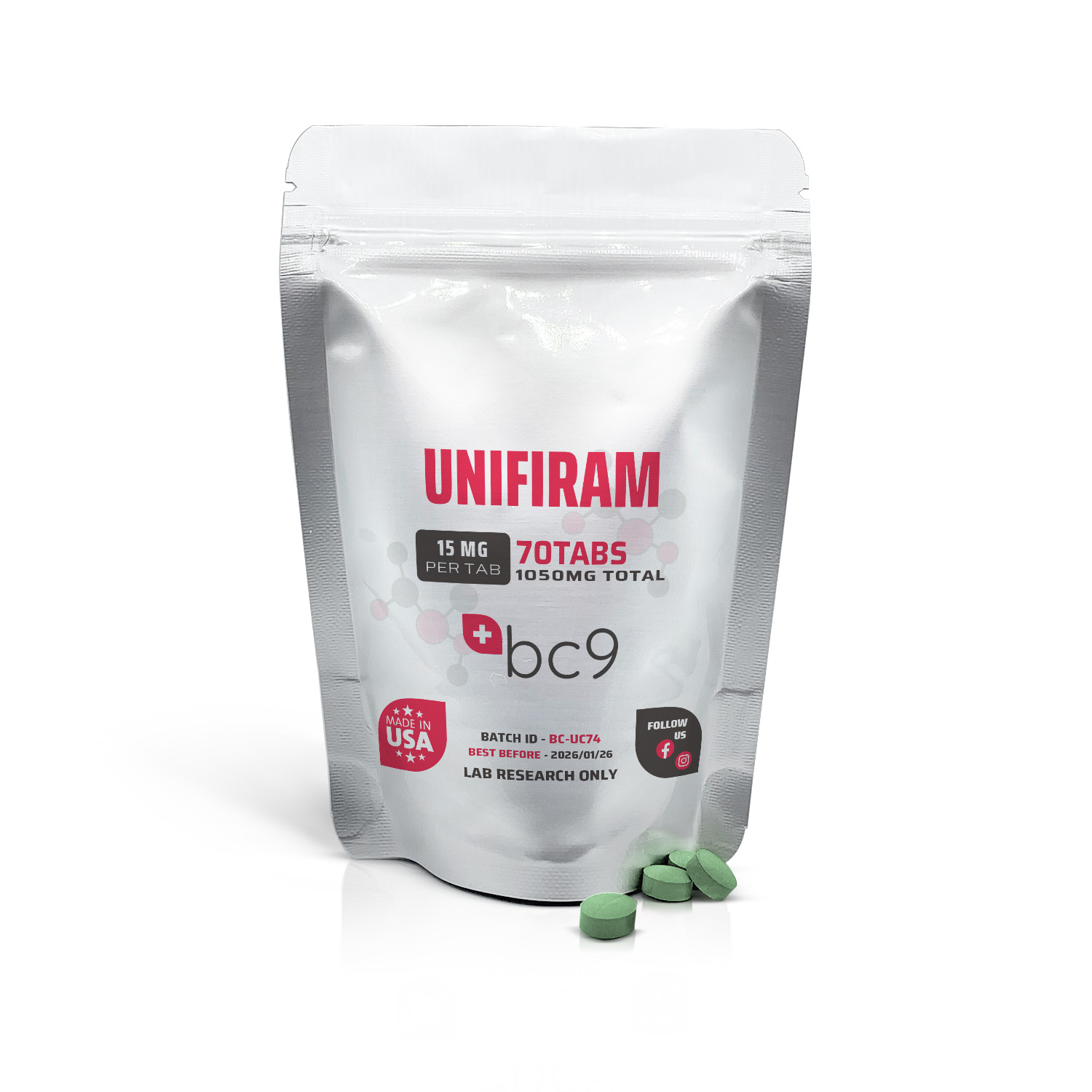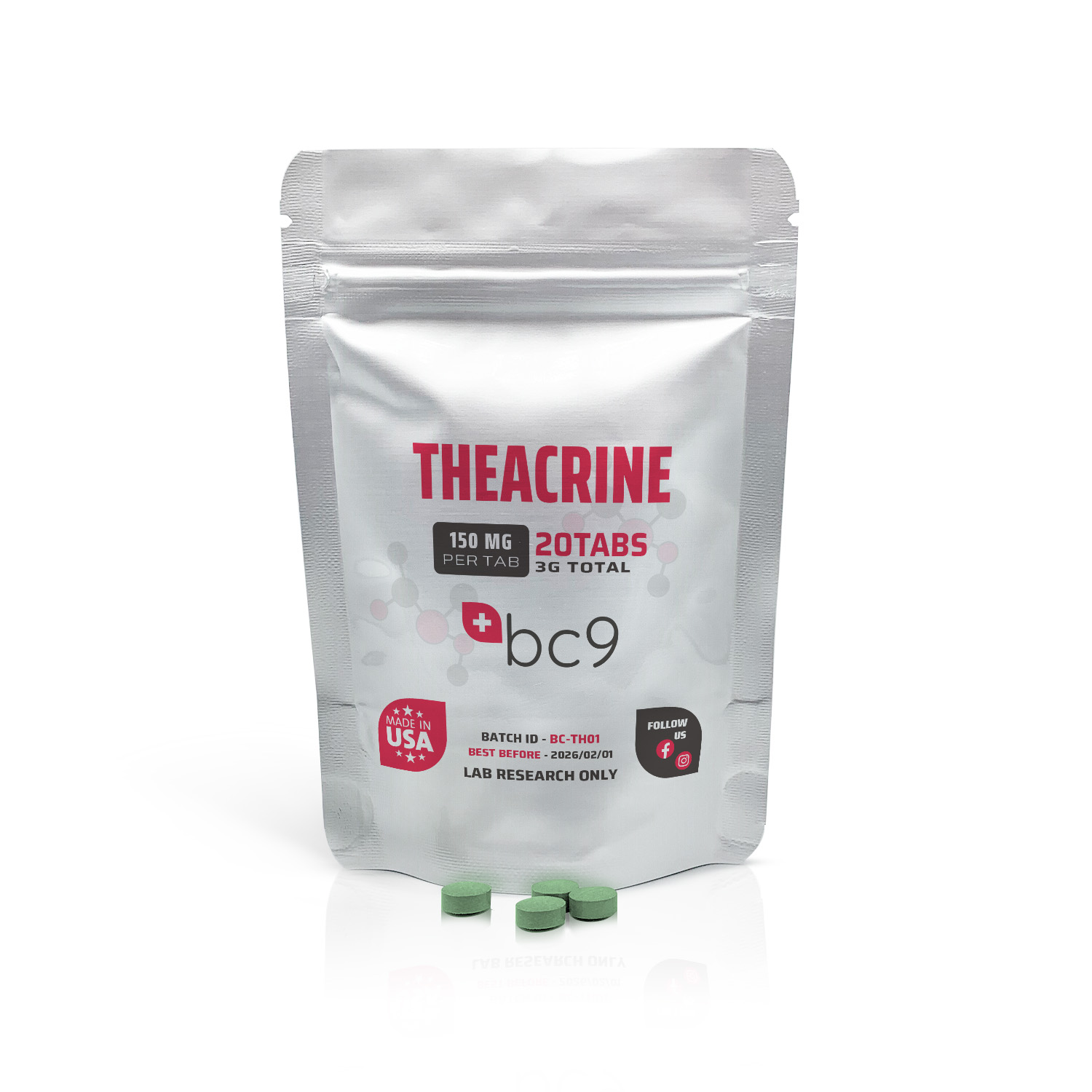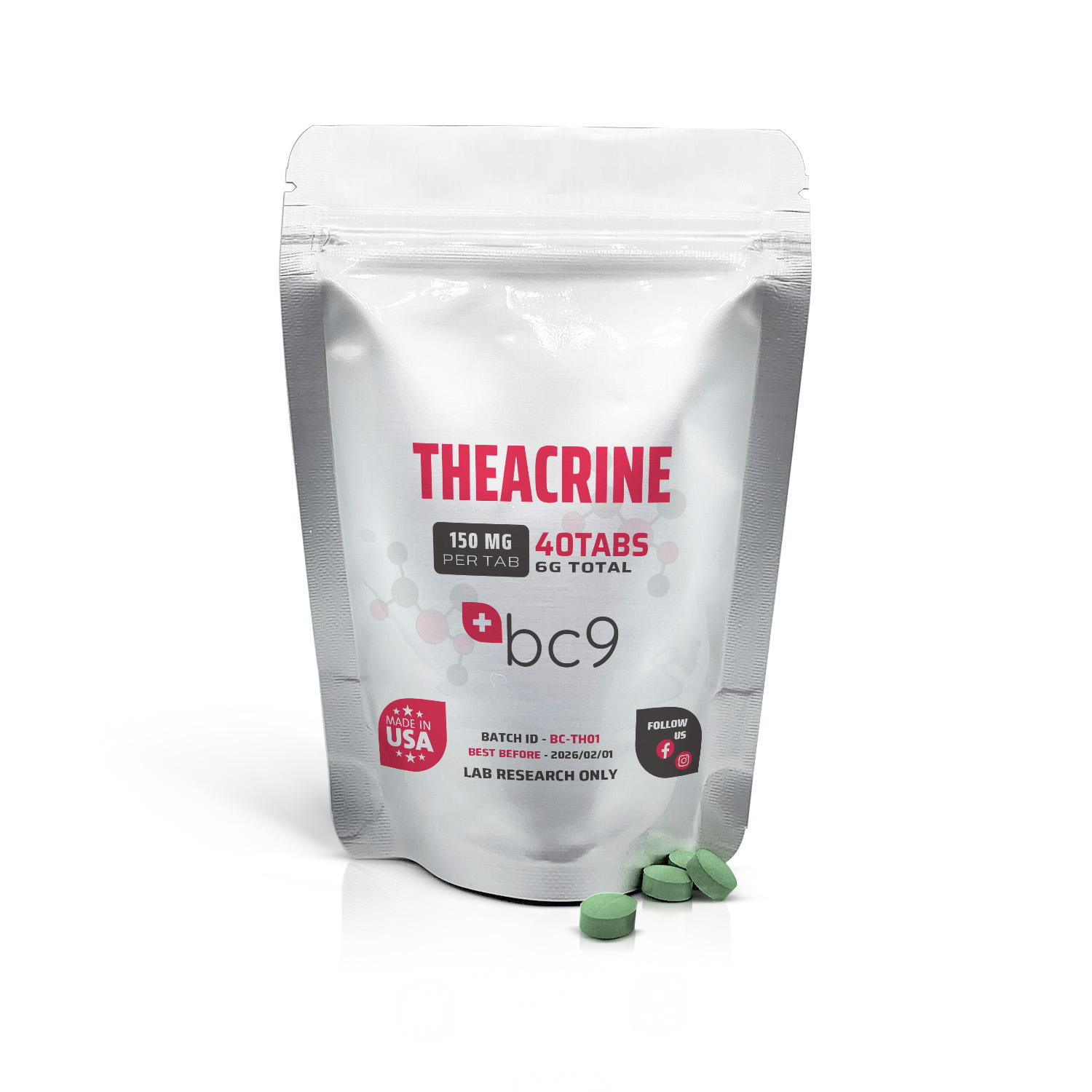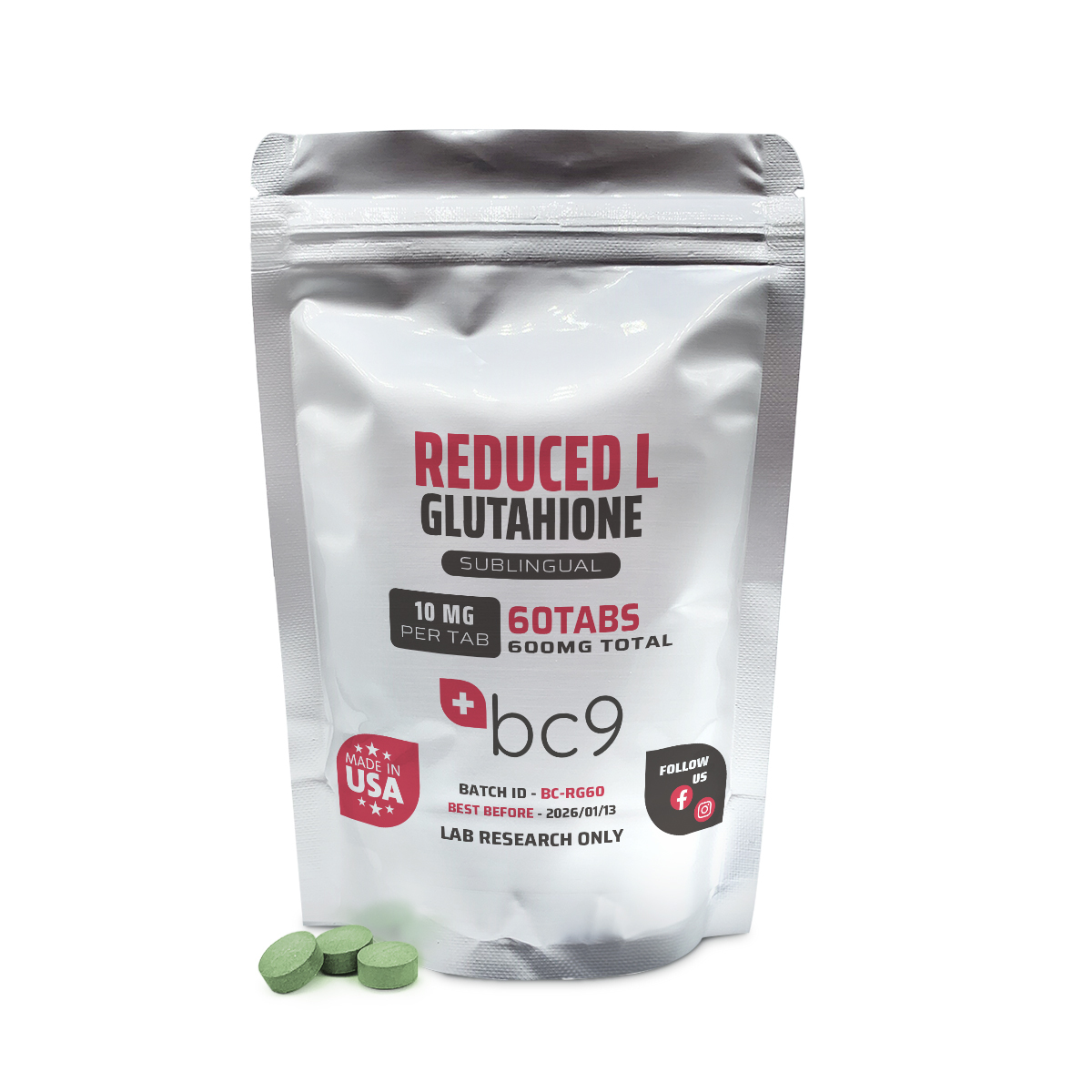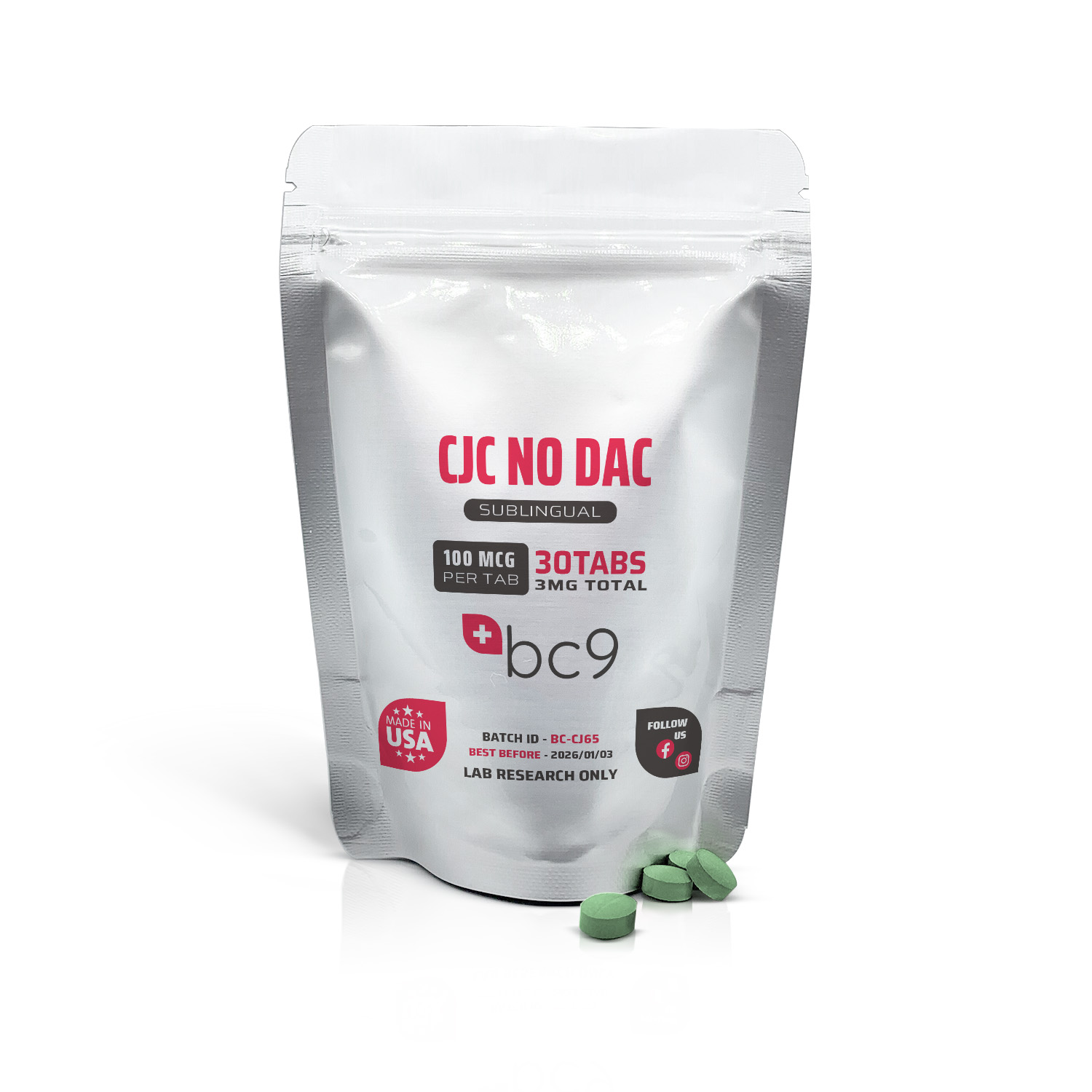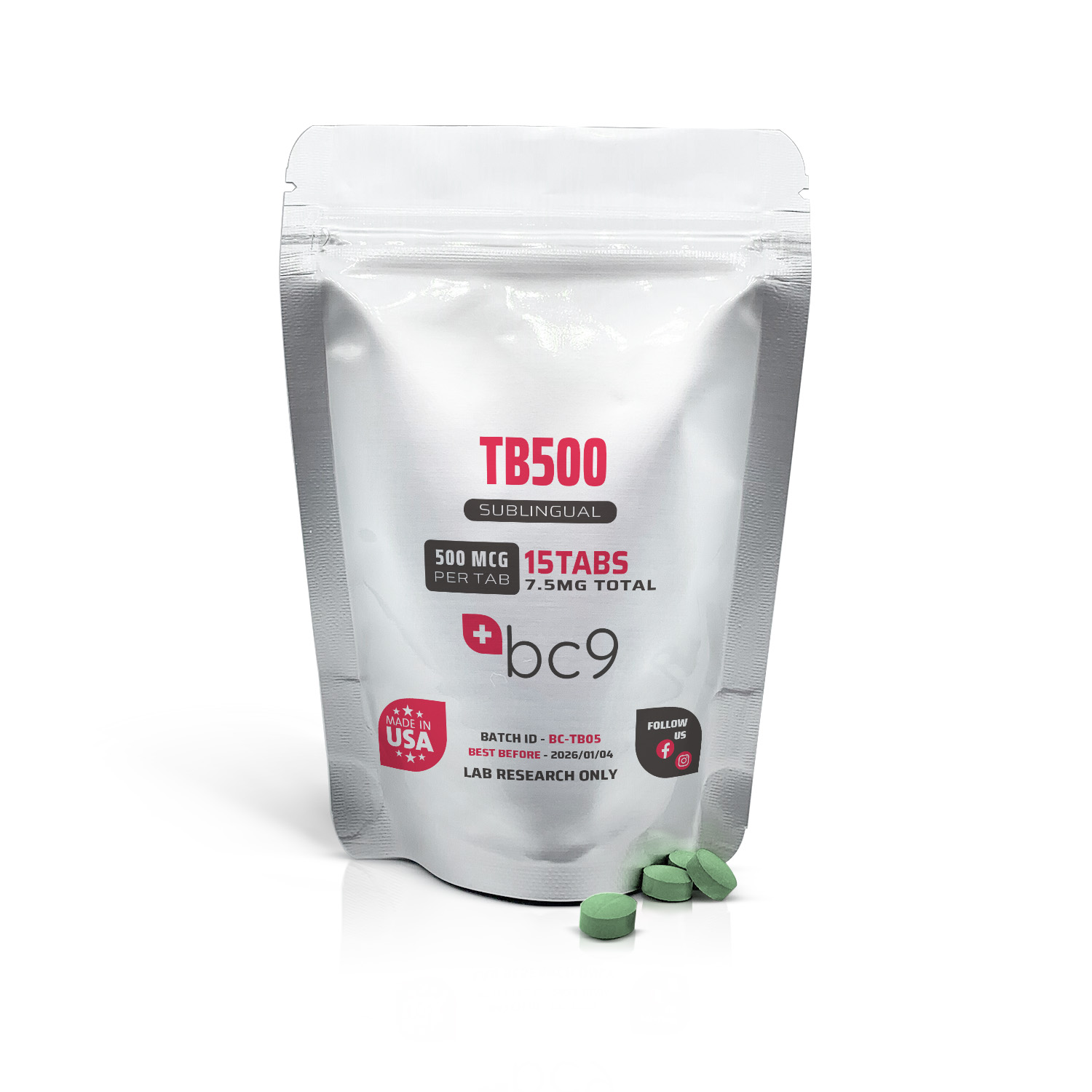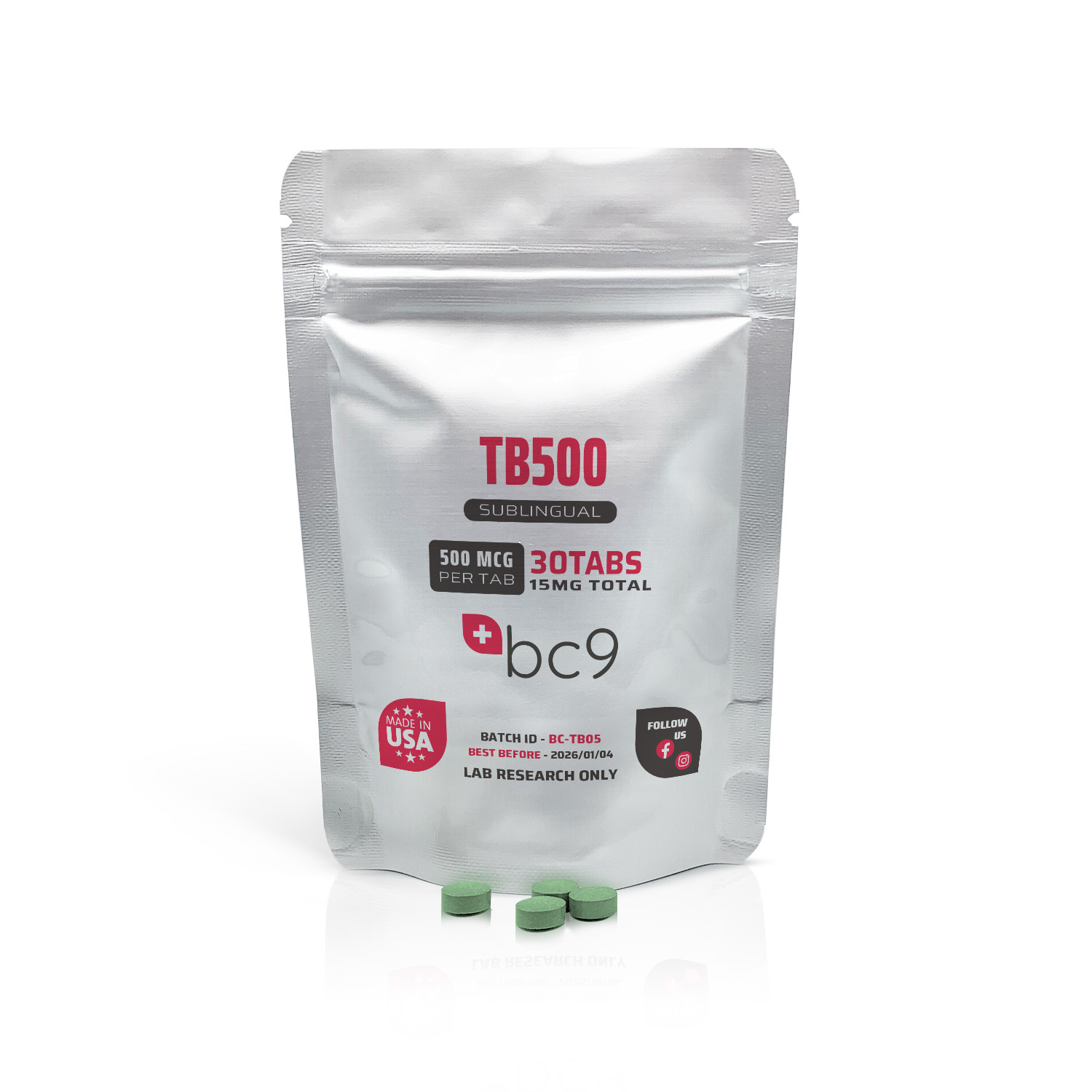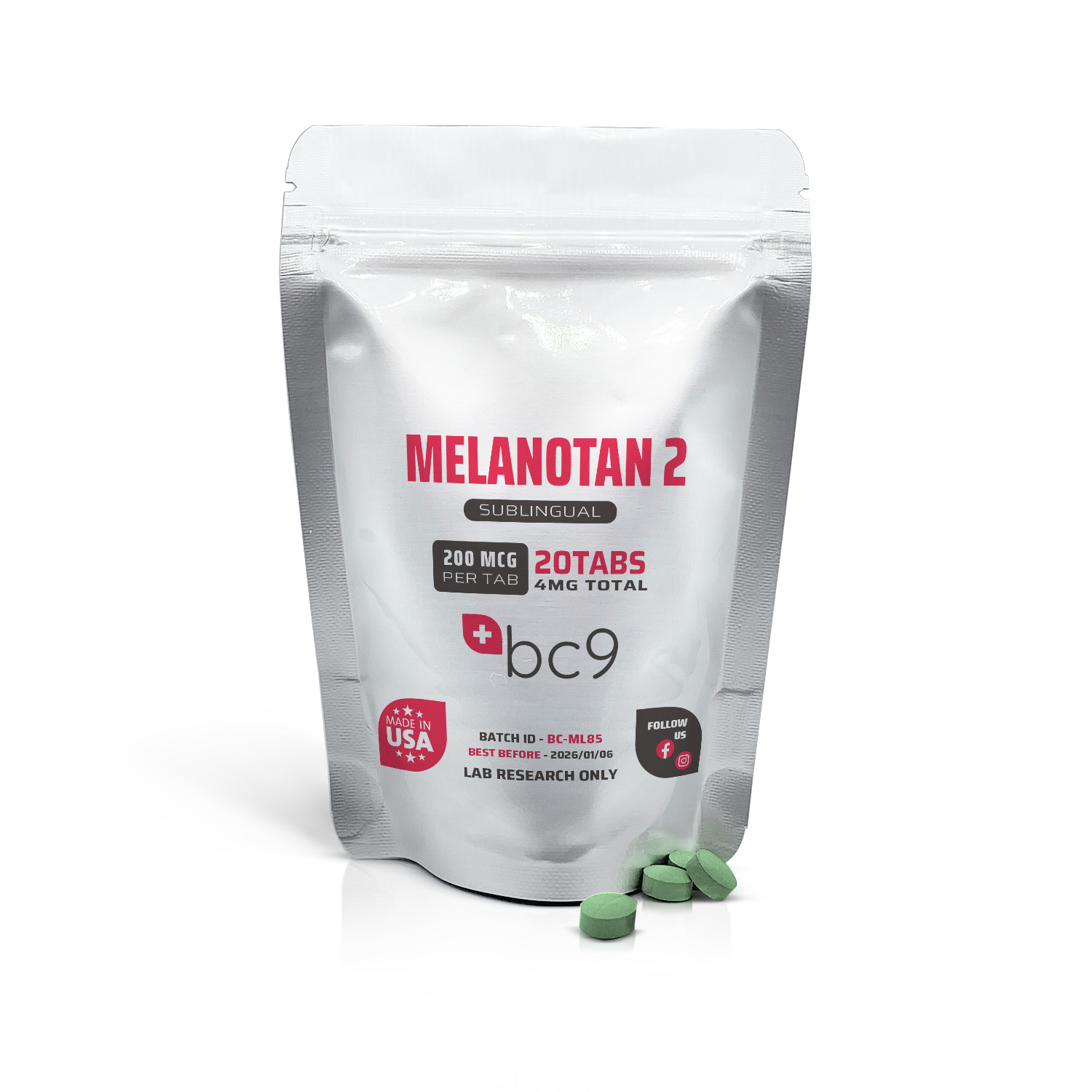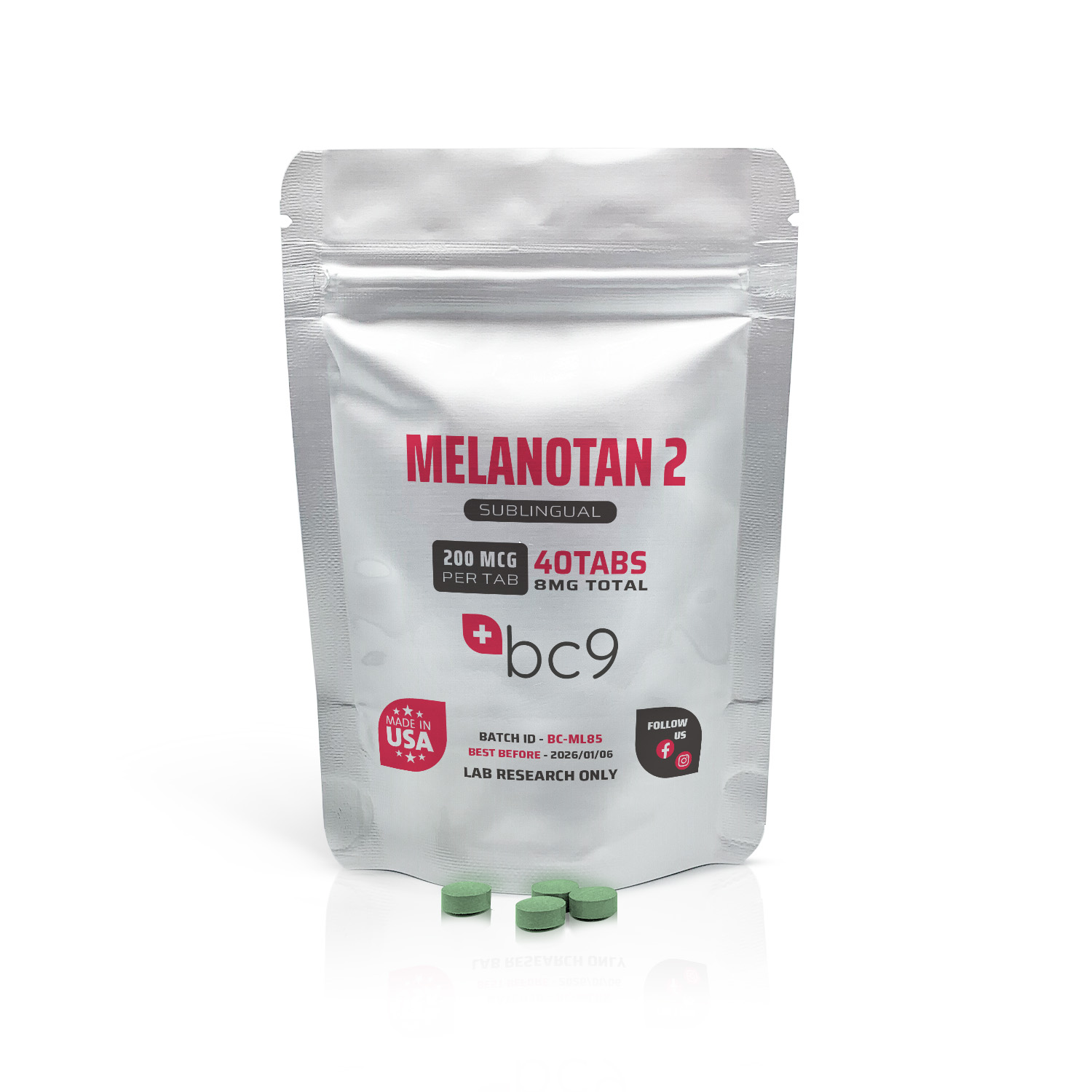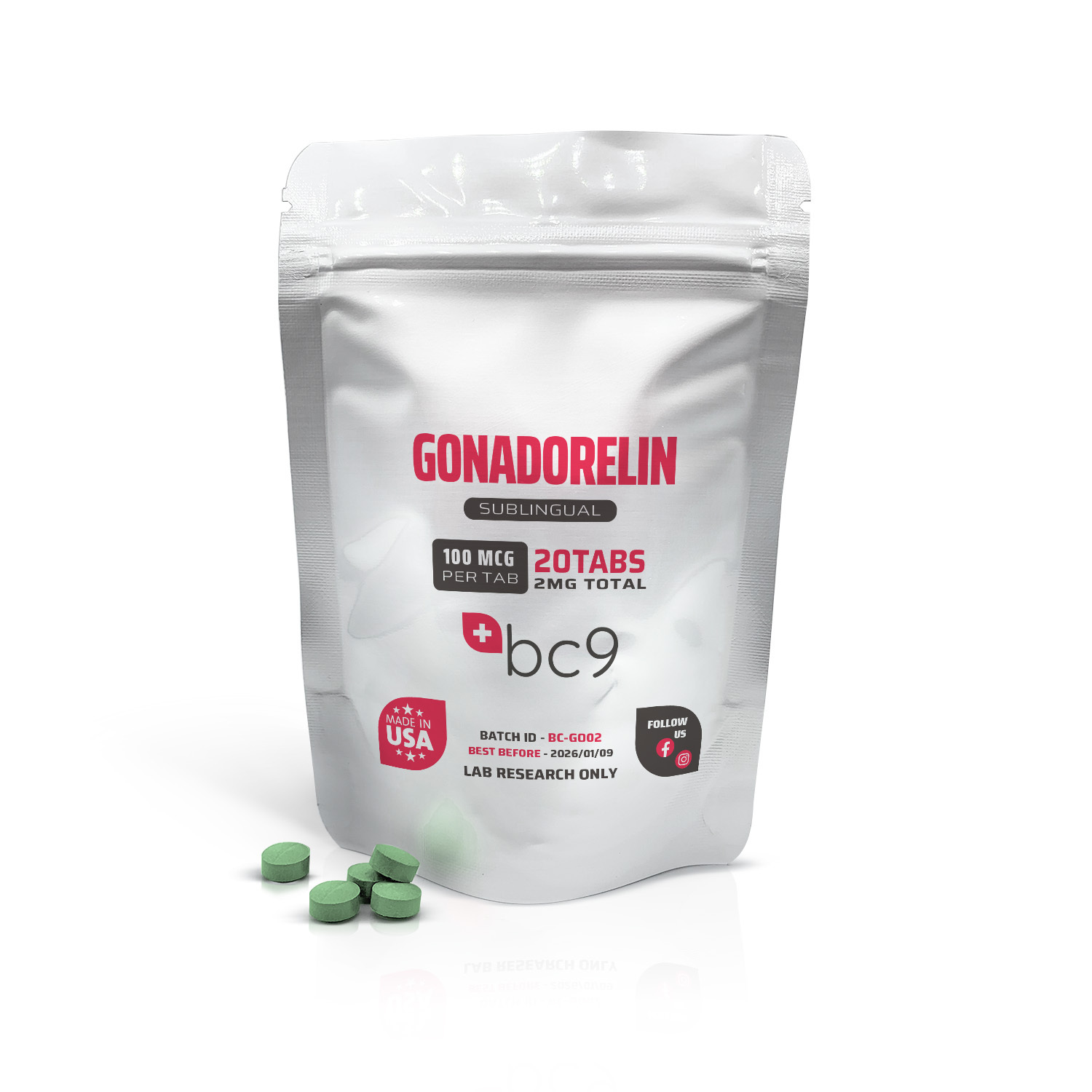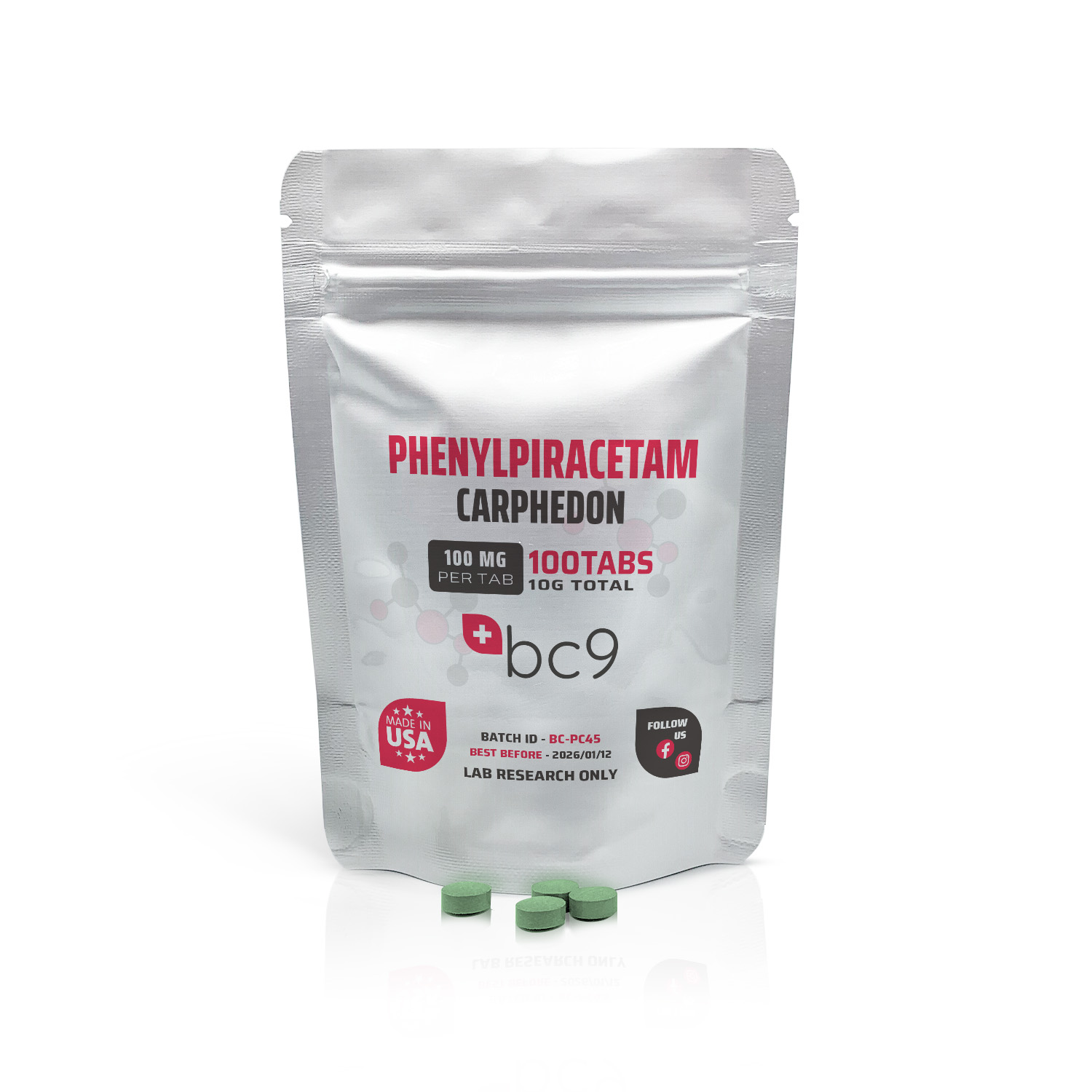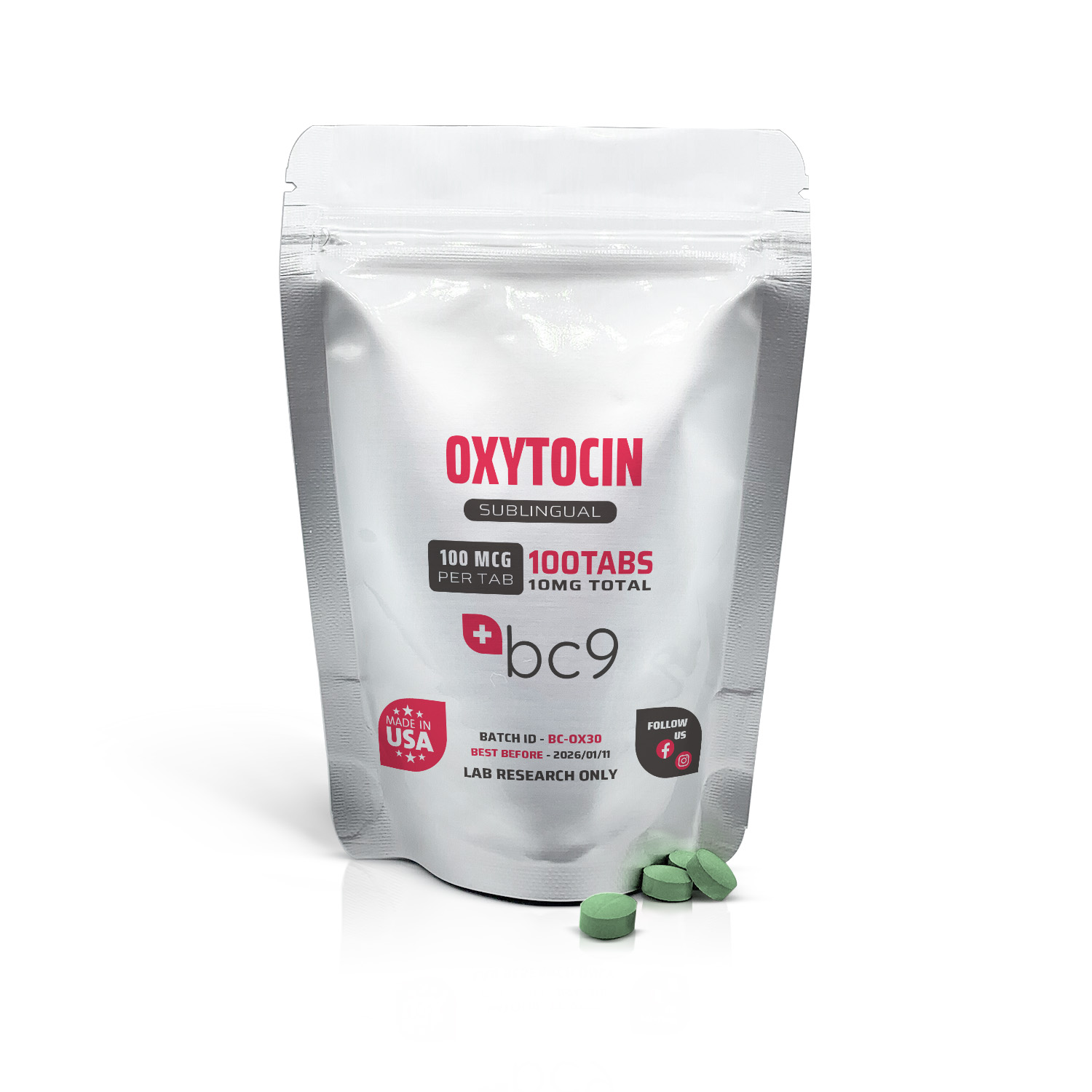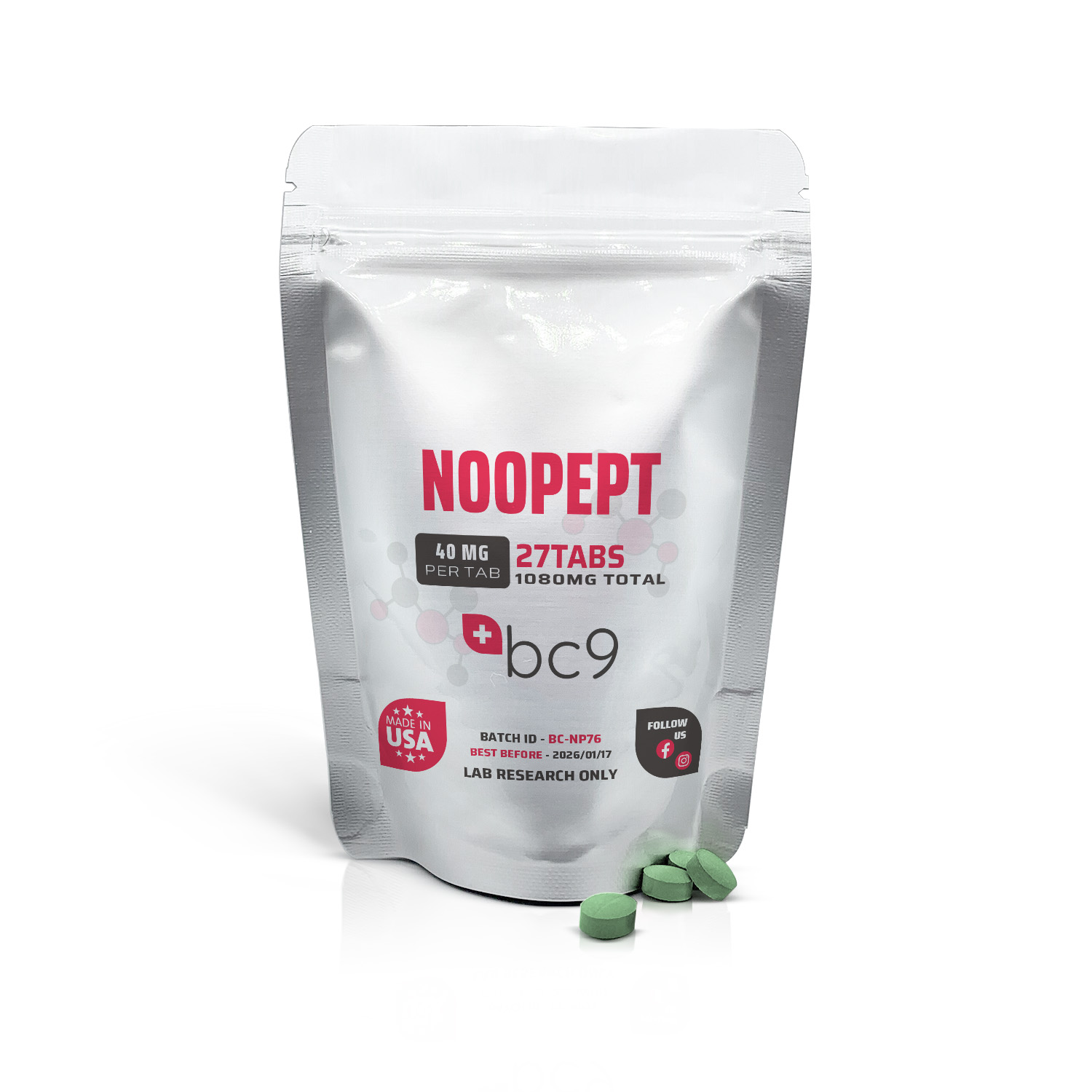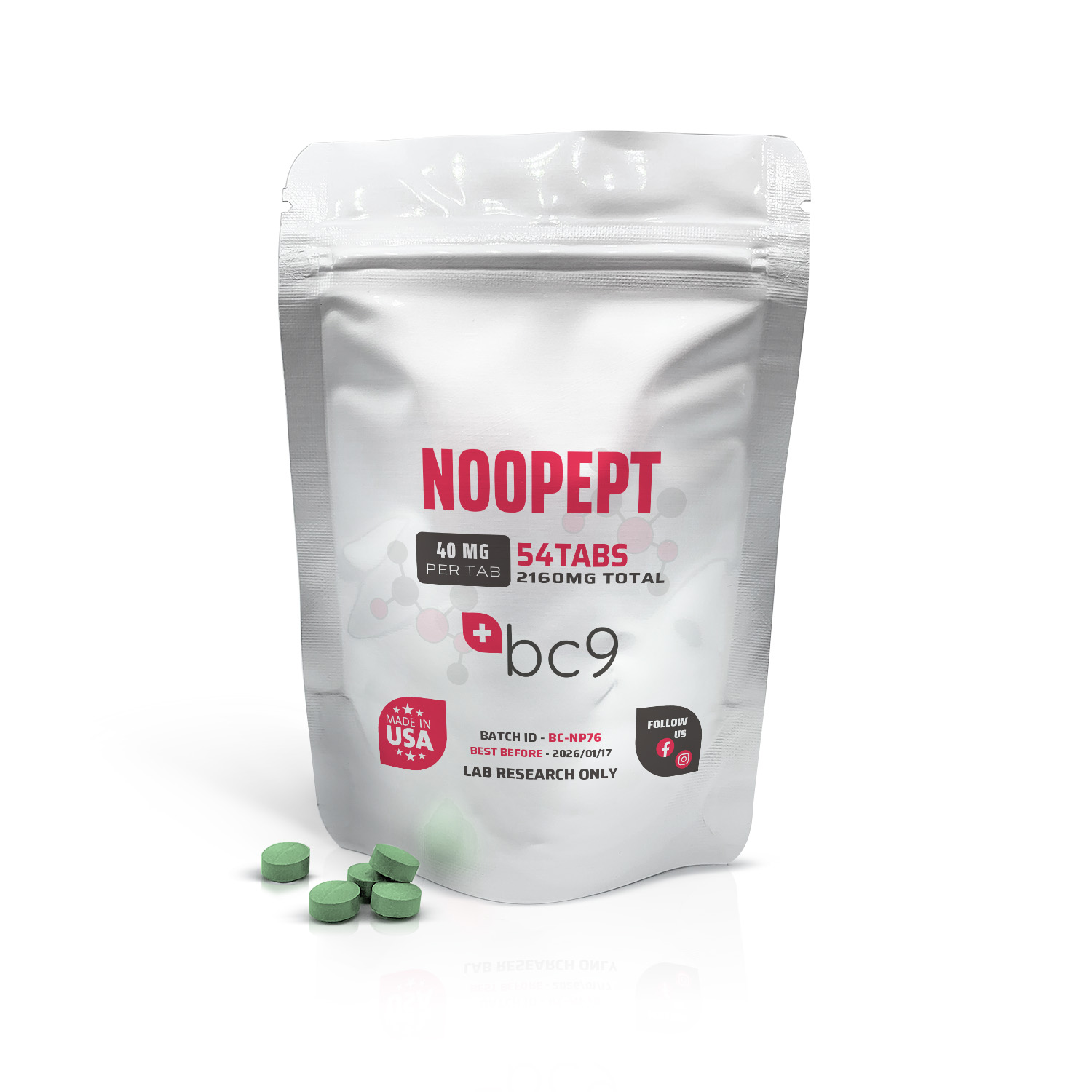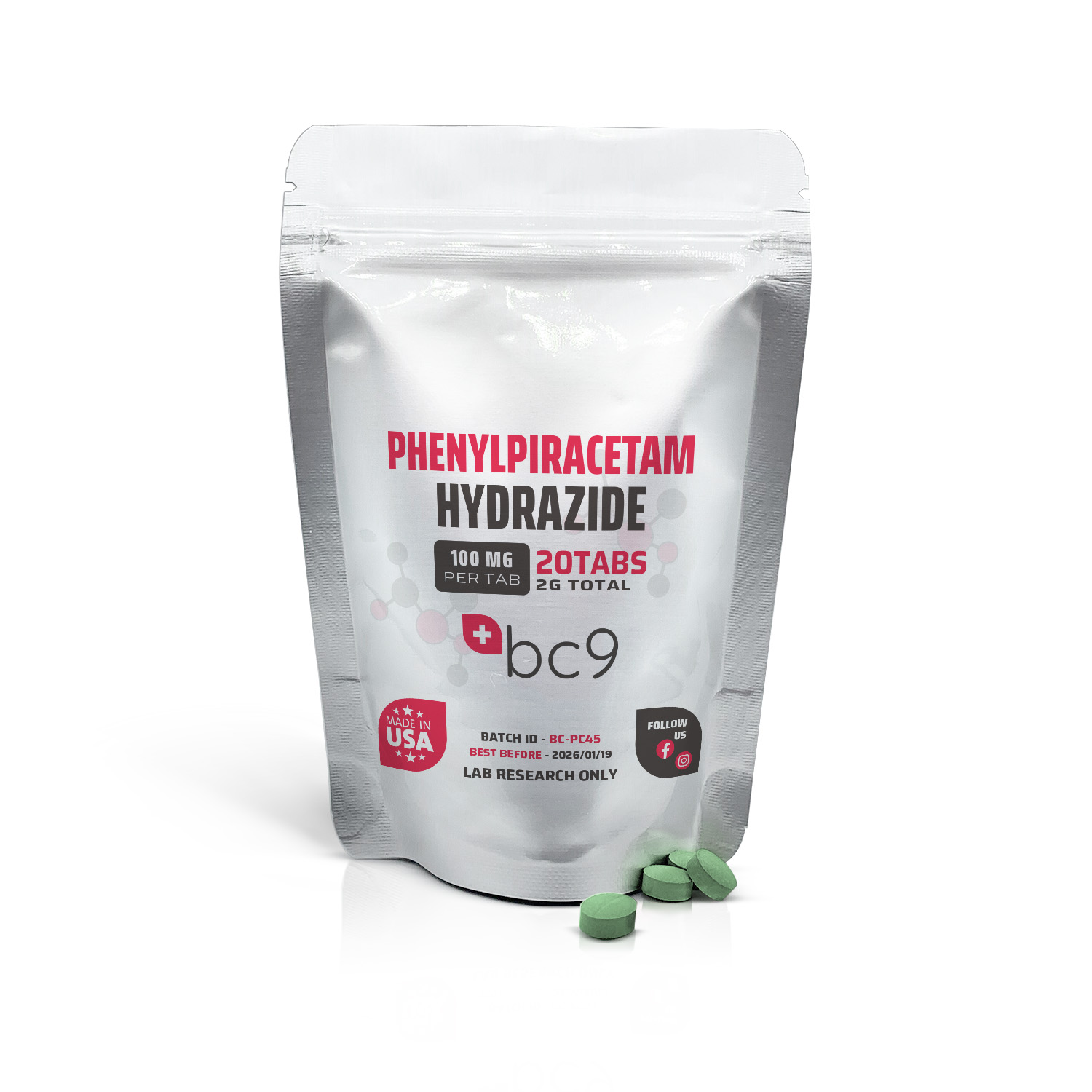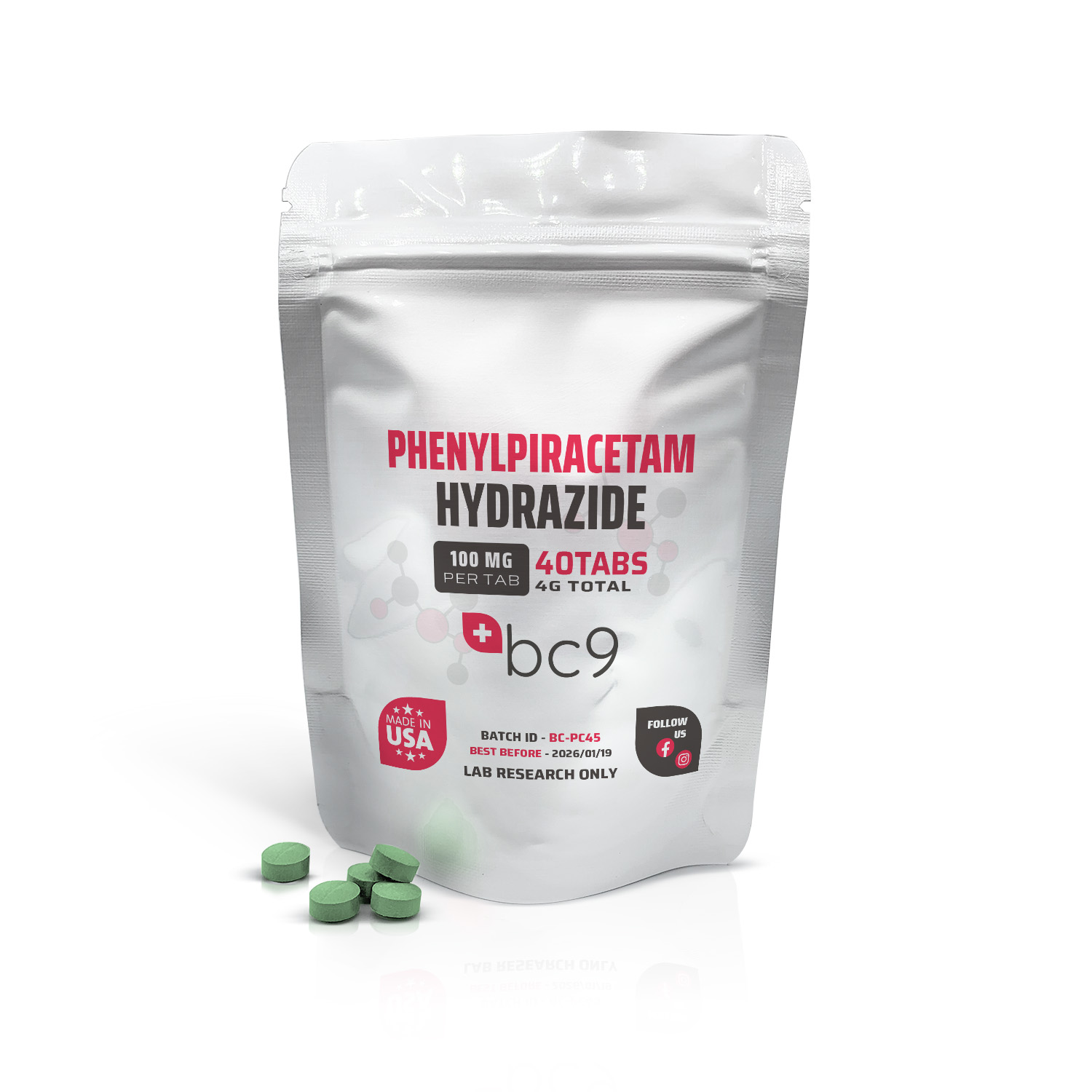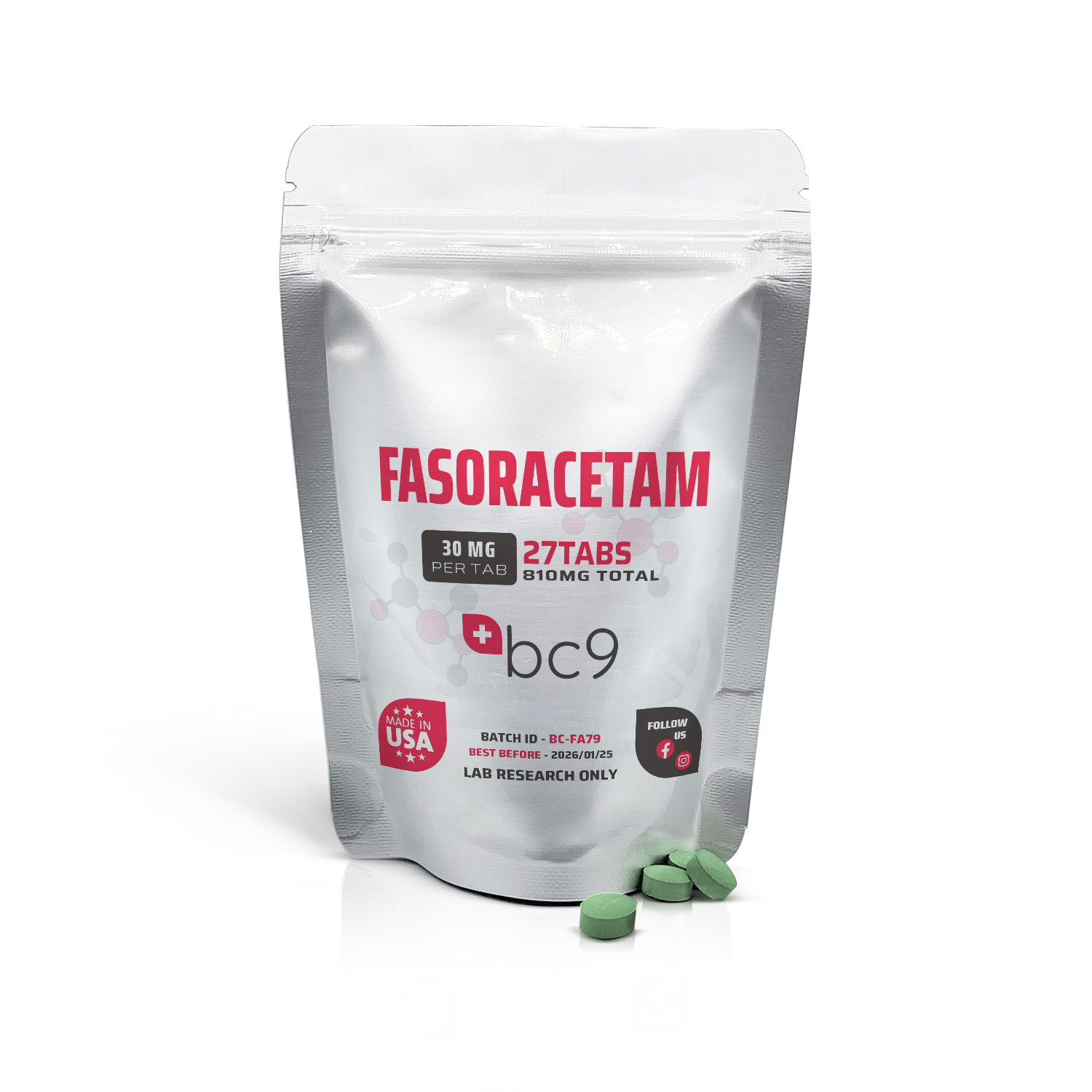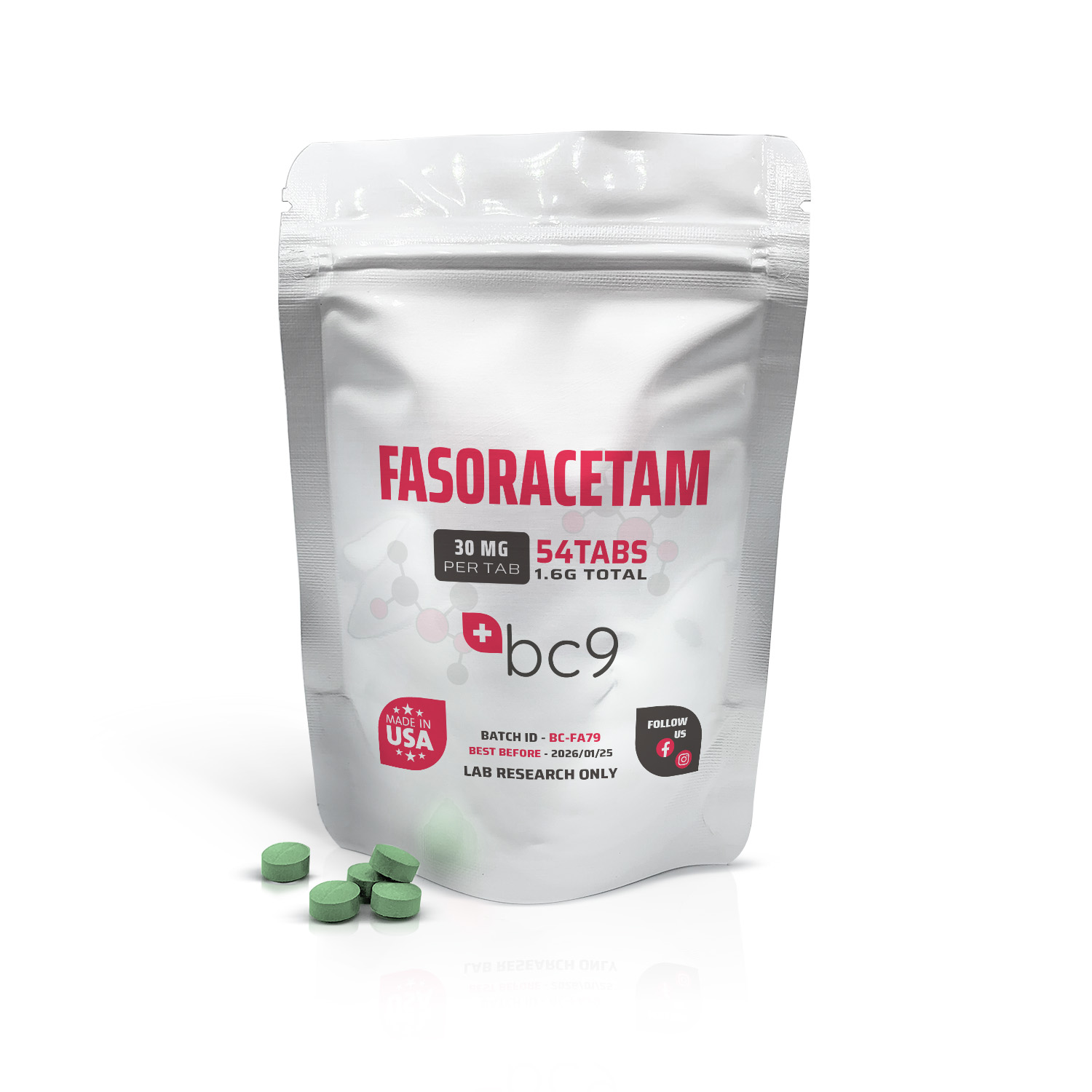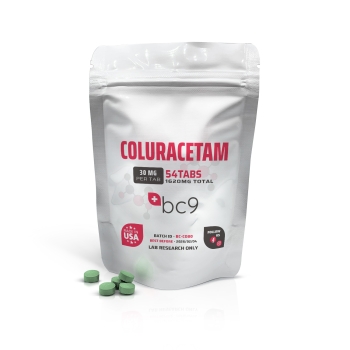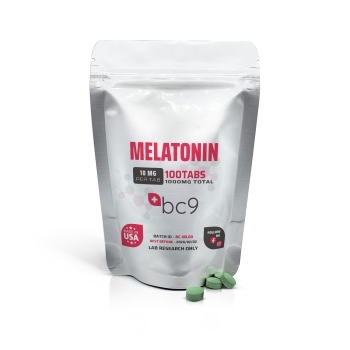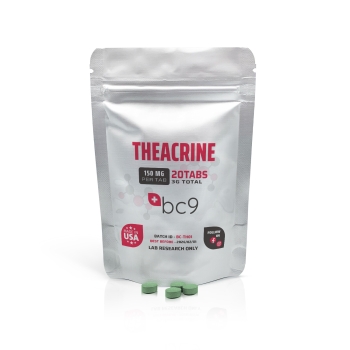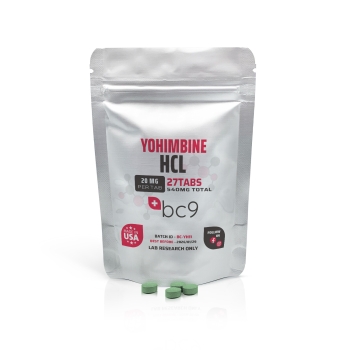Showing 13–24 of 24 results
Tablets Products on Sale:
Tablets
Tablets vs. Sublingual Tablets
Tablets and sublingual tablets are both pharmaceutical dosage forms, but they differ in how they are intended to be researched and absorbed by subjects in clinical settings.
Tablets
Tablets are solid dosage forms typically meant to be swallowed by subjects in clinical settings. They are designed to withstand the stomach’s acidic environment and release their active ingredients as they pass through the gastrointestinal tract. Once swallowed, stomach acids and digestive enzymes break down tablets, and their active ingredients are absorbed through the lining of the intestines into the bloodstream.
Popular Tablets on BC9
Sublingual Tablets
Sublingual tablets are also solid dosage forms, but they are specifically designed to be placed under the tongue (sublingually), where they dissolve. They are potentially absorbed directly into the bloodstream through the mucous membranes in the mouth. By bypassing the digestive system and the liver (first-pass metabolism), sublingual administration can lead to a faster onset of action and higher bioavailability of certain compounds than oral administration.
Popular Sublingual Tablets on BC9
In summary, while both tablets and sublingual tablets are solid dosage forms, they differ in their intended routes of administration and absorption. Tablets are meant to be swallowed and absorbed through the gastrointestinal tract, while sublingual tablets are dissolved under the tongue for direct absorption.
Benefits of Tablet Compounds
Tablet compounds, referring to pharmaceutical tablets containing active compounds, offer several potential benefits:
Convenience for Clinical Studies
Tablets are easy to handle, transport, and store. They are also convenient for subjects, as they don’t typically require special handling or preparation.
Accurate Dosage
Tablets can contain precise amounts of active ingredients, ensuring accurate dosing for subjects. This helps to minimize dosing errors and ensures consistency in treatment.
Stability and Protection to Environmental Factors
Tablets can provide good stability for active ingredients, protecting them from light, moisture, and air degradation. This stability helps maintain the compound’s effectiveness over time.
BC9 Tablets Category
Jump into the tablet universe and explore the types designed to suit various research needs. From specialized compounds to formulations crafted for specific goals, our category covers a range of tablet types, giving researchers options tailored to their experiments.
Frequently Asked Questions
How are Tablet Compounds made?
Tablet compounds are typically manufactured through tablet compression, where active ingredients are mixed with excipients (inactive ingredients) and compressed into tablet form using specialized equipment.
What are Sublingual Tablets?
Sublingual tablets are solid dosage forms designed to be placed under the subjects’ tongue (sublingually) for absorption through the mucous membranes.
Why buy Tablets from BC9?
BC9 offers tablet forms tailored to various research needs, ensuring researchers can access the right tools for their experiments. Whether researchers seek specialized compounds or formulations crafted for specific goals, BC9’s tablet category covers a spectrum of options. These tablets are designed to meet the demands of cutting-edge scientific investigations, playing a crucial role in ongoing research projects.
